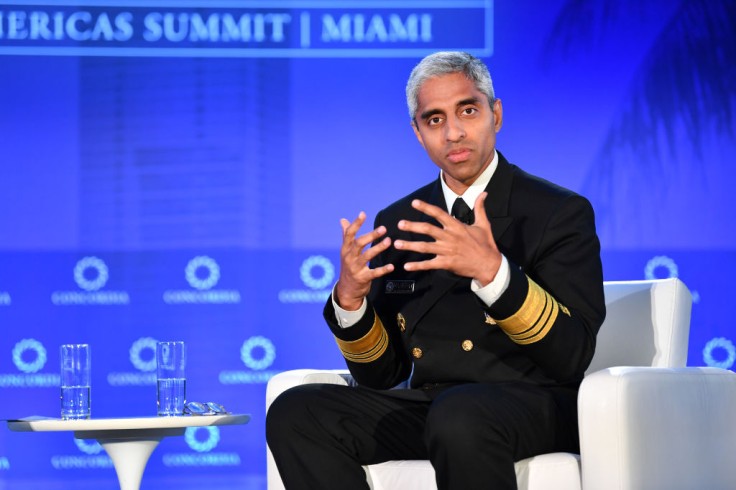
Law officials are now questioning the social media age limit.
U.S. Surgeon General, Vivek Murthy, states that 13 is still a young age for kids to be allowed on social media platforms.
The general believes that being on a social media platform at such a young age could do more harm than good to them as they are still developing their identity.
Social media's age limit
Social media platforms like Twitter, Snapchat, Reddit, and Facebook allow children as young as 13 to create their own accounts.
The increasing number of teenagers on social media has raised concerns among medical experts, who have noted the potential harm these platforms can have on adolescents.
According to CNN, General Murthy stated that 13 is a crucial age for parents and guardians to be mindful of their child's self-worth and relationships.
The distorted and unrealistic social media environment can negatively impact the self-esteem and well-being of young adolescents.
Hence, parents must communicate openly with their children and educate them on responsible social media usage. Although keeping children off these platforms may be challenging, ensuring their overall health and well-being is necessary.
The danger of social media to adolescent children
Social media has become a popular part of many people's lives, including those of adolescents. While social media has many benefits, the excessive use of these platforms by adolescent children can lead to several dangers.
According to Raising Children, cyberbullying is one of the most concerning dangers, which can result in psychological harm and even suicide in extreme cases. In addition, constant use of social media can lead to addiction, affecting children's physical, mental, and emotional health.
Excessive use of social media can also limit face-to-face communication skills, leading to difficulties in building real-life relationships and socializing.
Moreover, social media can contribute to poor body image and low self-esteem due to unrealistic beauty standards and constant comparison.
Children are also at risk of being exposed to online predators, who may groom them for exploitation or abuse. Or social media use while driving increases the risk of accidents and fatalities.
Read Also: Military Implements New Parental Leave Policy, Giving 12 Weeks for Birth, Non-Birth Parents
What lawmakers and parents can do
A more effective way to protect children from the dangers of social media is for parents to come together and establish a reasonable age limit, such as 16 or 18, for their use.
According to Axiom, General Murthy believes that relying solely on children's willpower to control their social media usage is not a practical solution, as it puts them against the world's most skilled product designers.
Social media platforms are designed to be addictive and engaging, making it difficult for children to control their usage.
Murthy believes that the situation is not beyond control and that lawmakers can take steps to make social media a healthier experience for children.
He compares the situation to dangerous vehicles on the road and the laws and regulations enacted to make them safer.
He encourages lawmakers to take action to make social media platforms a better experience for children, one that promotes self-esteem and reduces feelings of loneliness.
In conclusion, the general emphasizes the importance of parents and guardians coming together to establish a reasonable age limit for social media usage and working with lawmakers to create a safer and healthier environment for children on these platforms.